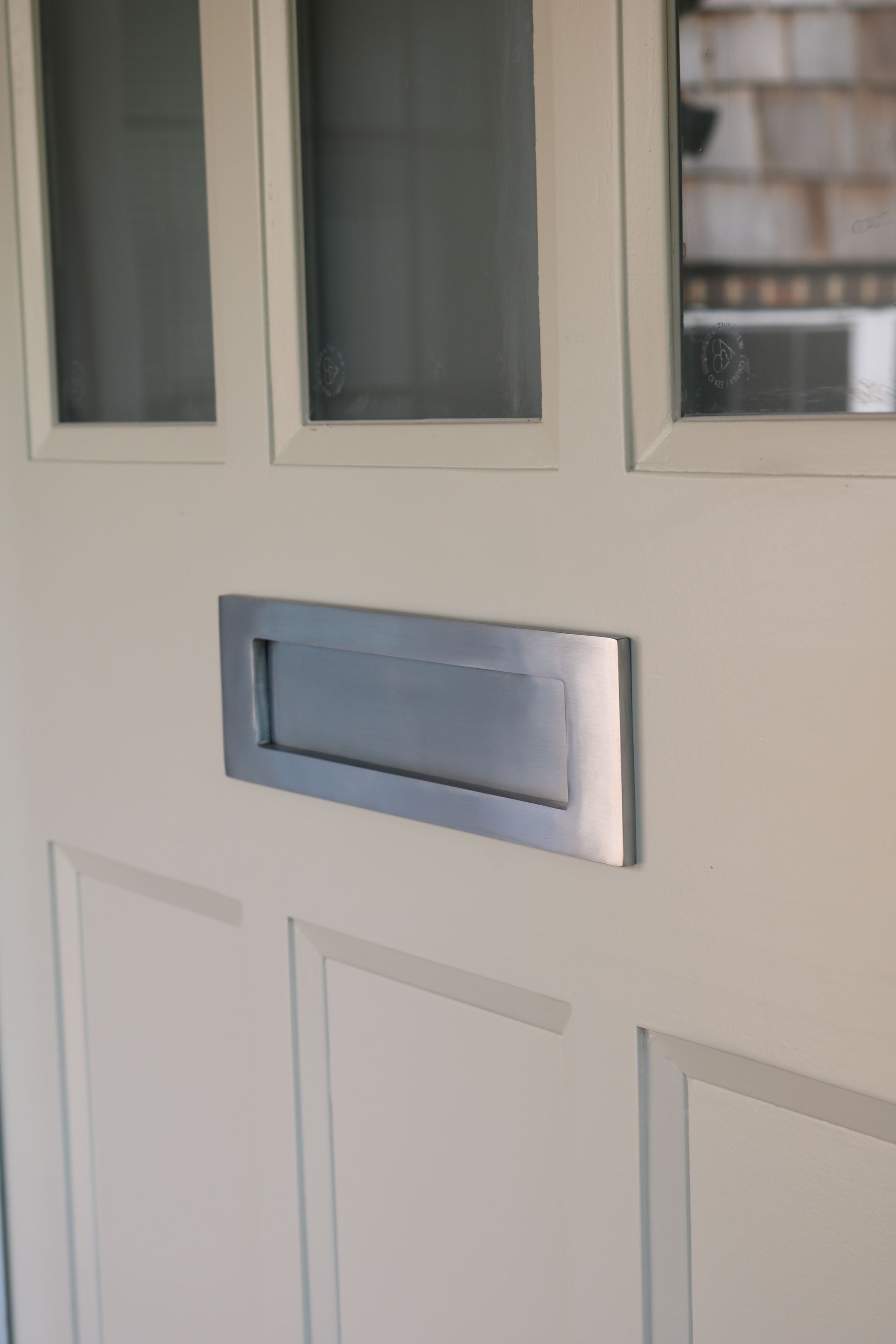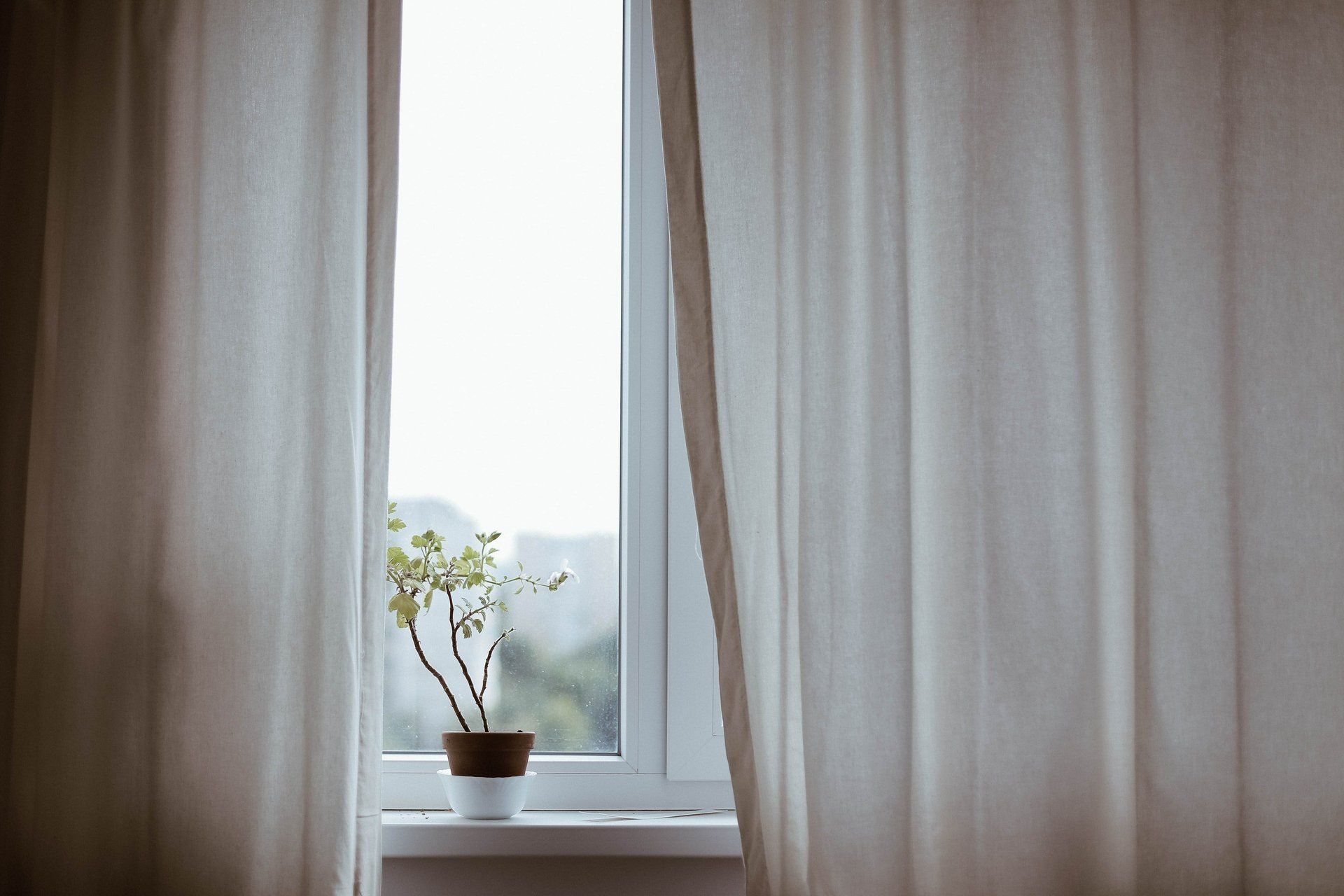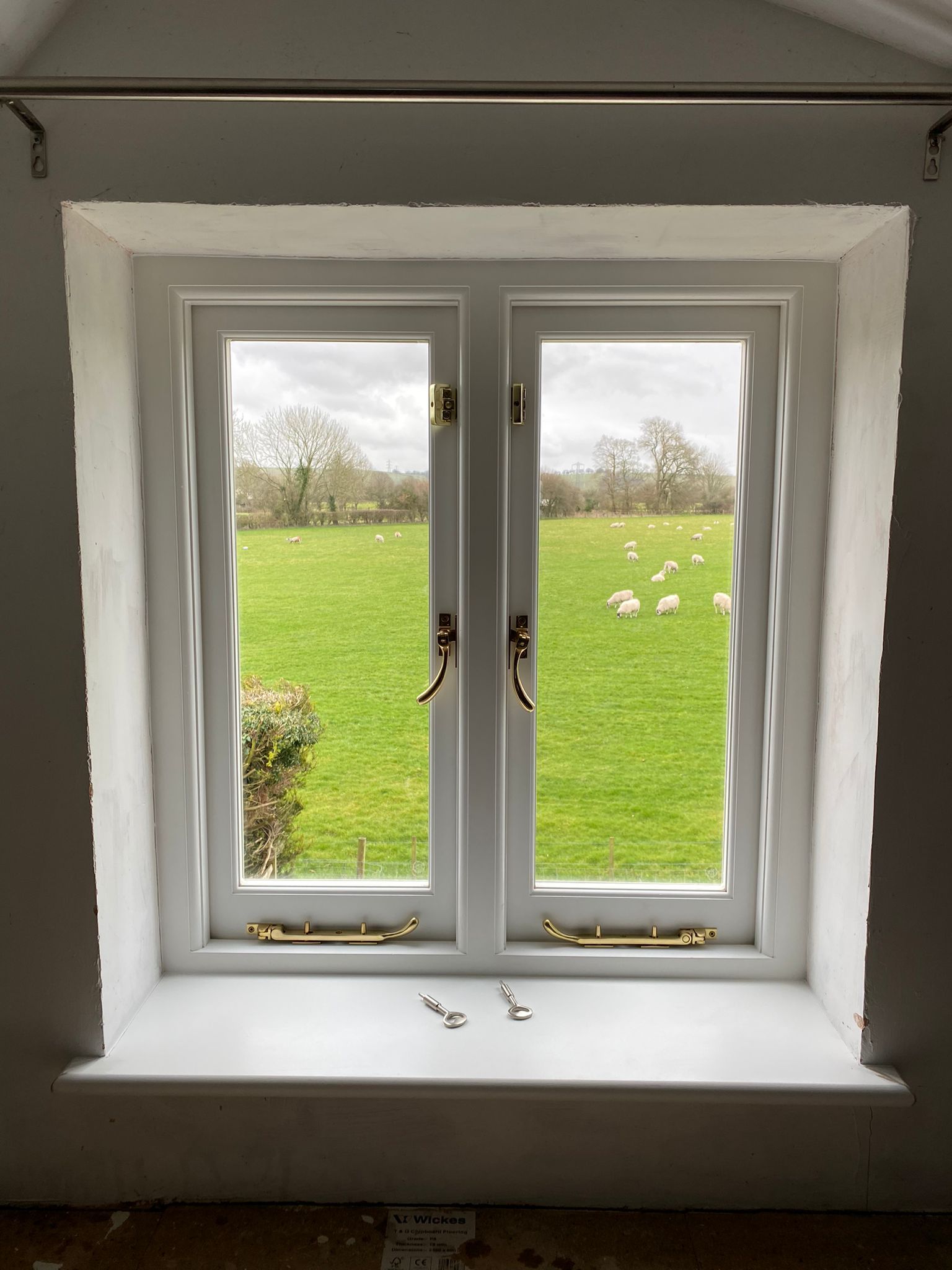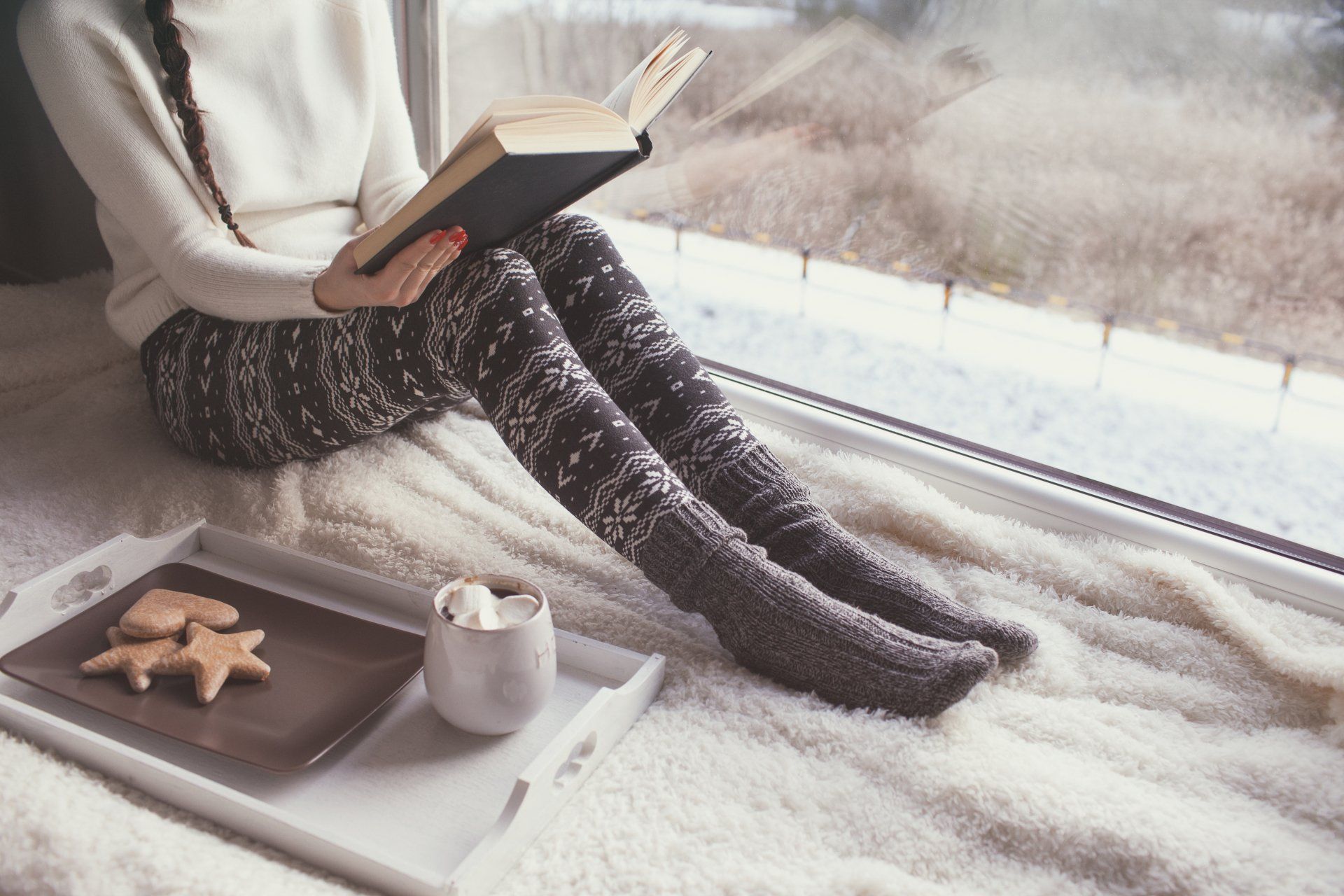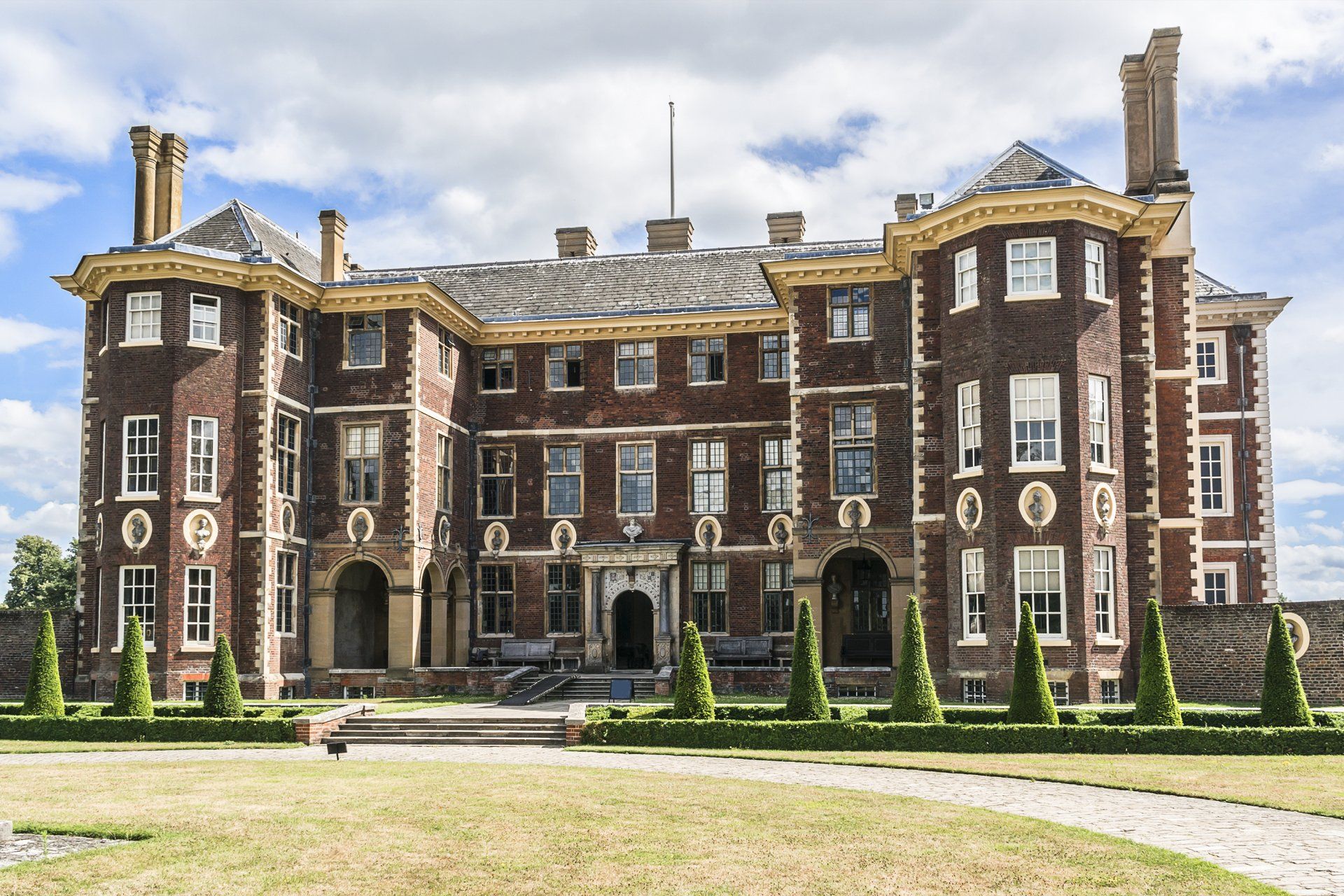Energy Efficient Glass
Softcoat Glass and the Benefits
Softcoat glass, also known as low-emissivity (low-e) glass, is a type of energy-efficient glass that has a thin coating of metal or metallic oxide applied to the surface of the glass. The coating reflects heat back into the room, helping to keep the interior of a building warmer in the winter and cooler in the summer.
Compared to regular glass, soft coat glass can reduce energy loss by up to 30-50%, which can lead to significant cost savings on heating and cooling bills. Softcoat glass is also effective at reducing the amount of ultraviolet (UV) and infrared (IR) radiation that passes through the glass, which can help protect interior furnishings and fabrics from fading.
There are two types of soft coat glass: pyrolytic and magnetron sputtered. Pyrolytic soft coat glass is made by applying a coating of metal oxide to the surface of the glass while it is still hot from the manufacturing process. Magnetron sputtered soft coat glass, on the other hand, is made by using a vacuum deposition process to apply the coating to the glass.
Overall, soft coat glass is a popular choice for windows in energy-efficient buildings, as it provides a high level of thermal insulation while still allowing natural light to enter the building.
Soft coat glass offers several benefits for homeowners, including:
- Energy savings: Softcoat glass can significantly reduce the amount of heat lost through windows in the winter, and the amount of heat gained in the summer. This can result in lower heating and cooling bills and help homeowners save money on their energy costs.
- Comfort: By reducing heat loss and gain, soft coat glass can help maintain a more comfortable indoor temperature year-round. This can improve the overall comfort of a home and reduce the need for additional heating or cooling.
- UV protection: Soft coat glass also blocks a significant amount of UV radiation, which can fade fabrics, carpets, and furnishings over time. By reducing the amount of UV radiation that enters a home, soft coat glass can help protect interior decor from fading and damage.
- Noise reduction: Soft coat glass can also help reduce noise transmission through windows, which can be particularly beneficial for homes located in noisy areas, near busy roads or airports.
- Environmental benefits: The energy savings associated with soft coat glass can also lead to a reduction in greenhouse gas emissions, making it a more environmentally friendly option for homeowners who are looking to reduce their carbon footprint.
Overall, the benefits of soft coat glass can help improve a homeowner's quality of life, reduce their energy costs, and provide a more sustainable and eco-friendly living environment.

